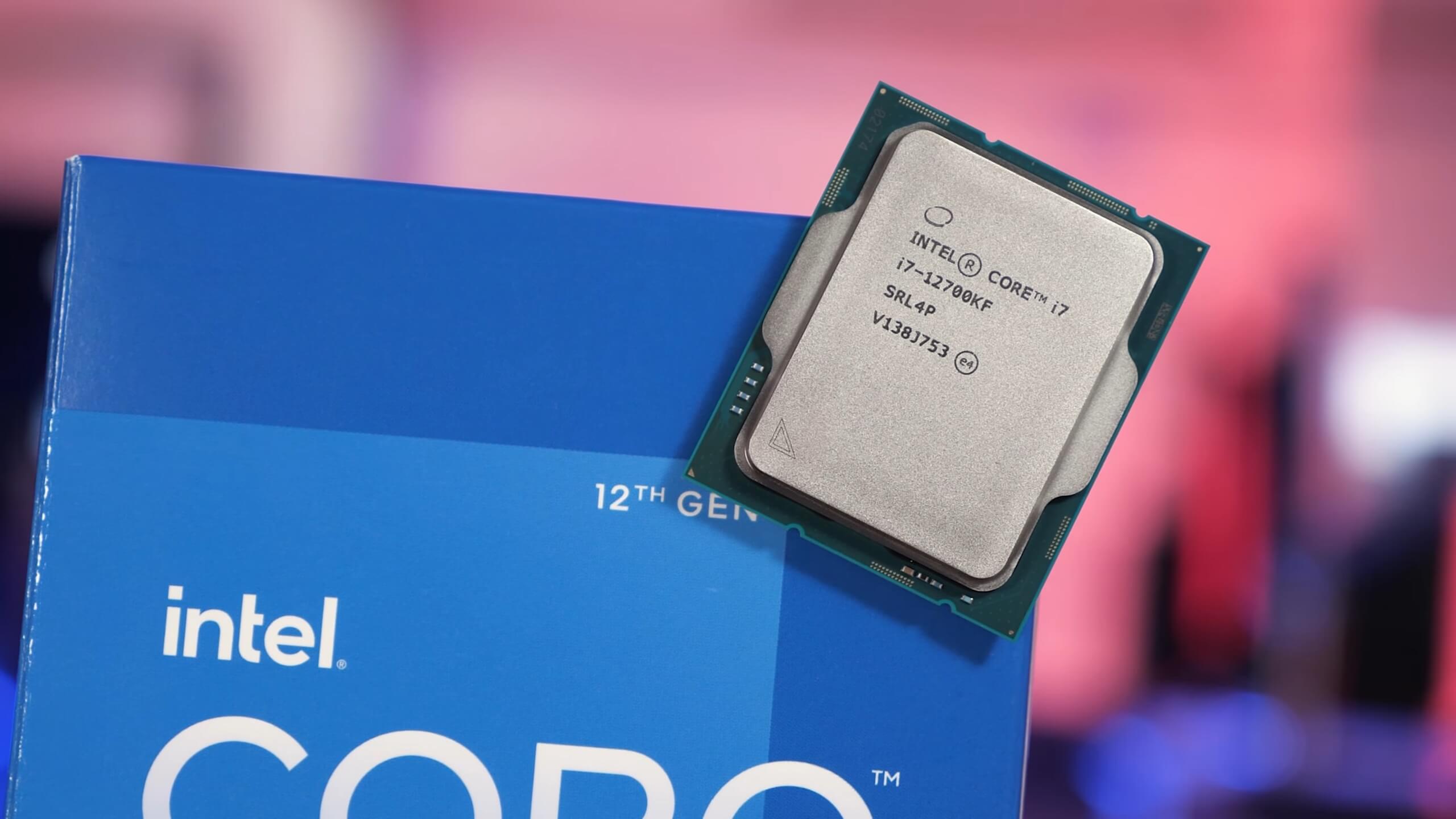What just happened? Intel has quietly introduced the Core 5 120 and Core 5 120F processors, modest additions to its budget desktop lineup at a time when industry focus is shifting toward next-gen architectures. The low-key launch was first spotted by hardware leaker @momomo_us, suggesting Intel is still actively refreshing its product stack – even as it looks to phase out older silicon.

The Core 5 120 doesn't break new ground but instead traces its lineage directly to Intel's older Alder Lake architecture. Despite the updated branding, technical specs show a familiar configuration: six performance cores, 12 threads, a 2.5 GHz base clock, and up to 4.5 GHz turbo – a modest 100 MHz boost over the Core i5-12400. It also features 18MB of L3 cache and supports DDR5-4800 memory.
The Core 5 120F shares the same specifications but lacks integrated graphics, making it otherwise identical under the hood.
120 pic.twitter.com/oI28nizeCX
– 188号 (@momomo_us) July 31, 2025
The close resemblance between the Core 5 120 and the older Core i5-12400 is no coincidence. Intel has a long history of using multiple steppings – internal variants of a CPU die, such as C0 or H0 – to refine manufacturing efficiency and reduce costs over a product's lifecycle.
While Intel has not yet disclosed which stepping the Core 5 120 uses, industry analysts believe it may be built on the more compact and economical H0 die, potentially lowering production costs further.
For most users, these behind-the-scenes changes have little impact. The Core 5 120 and its predecessors share the same core layout and cache design, so real-world performance should be virtually identical in typical workloads. However, subtle differences in thermals or power efficiency may arise due to die variation, nuances that are rarely mentioned in product listings.
Intel's decision to repackage older silicon under a new product name comes at a strategic moment. The company is preparing to launch its Arrow Lake-based Core Ultra 200S lineup while simultaneously working to move remaining Alder Lake inventory. The Core 5 120 series is compatible with LGA 1700 motherboards, making it a drop-in upgrade for users on 12th- or 13th-gen platforms, with no need to replace existing hardware.
Still, the nonstandard naming – diverging from both the Core Ultra and Raptor Lake conventions – may lead to confusion among buyers trying to navigate Intel's increasingly fragmented CPU lineup.
Familiar specs, new name: Intel's Core 5 120 processors enter the market